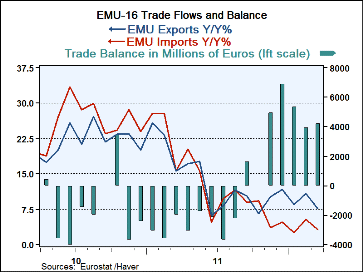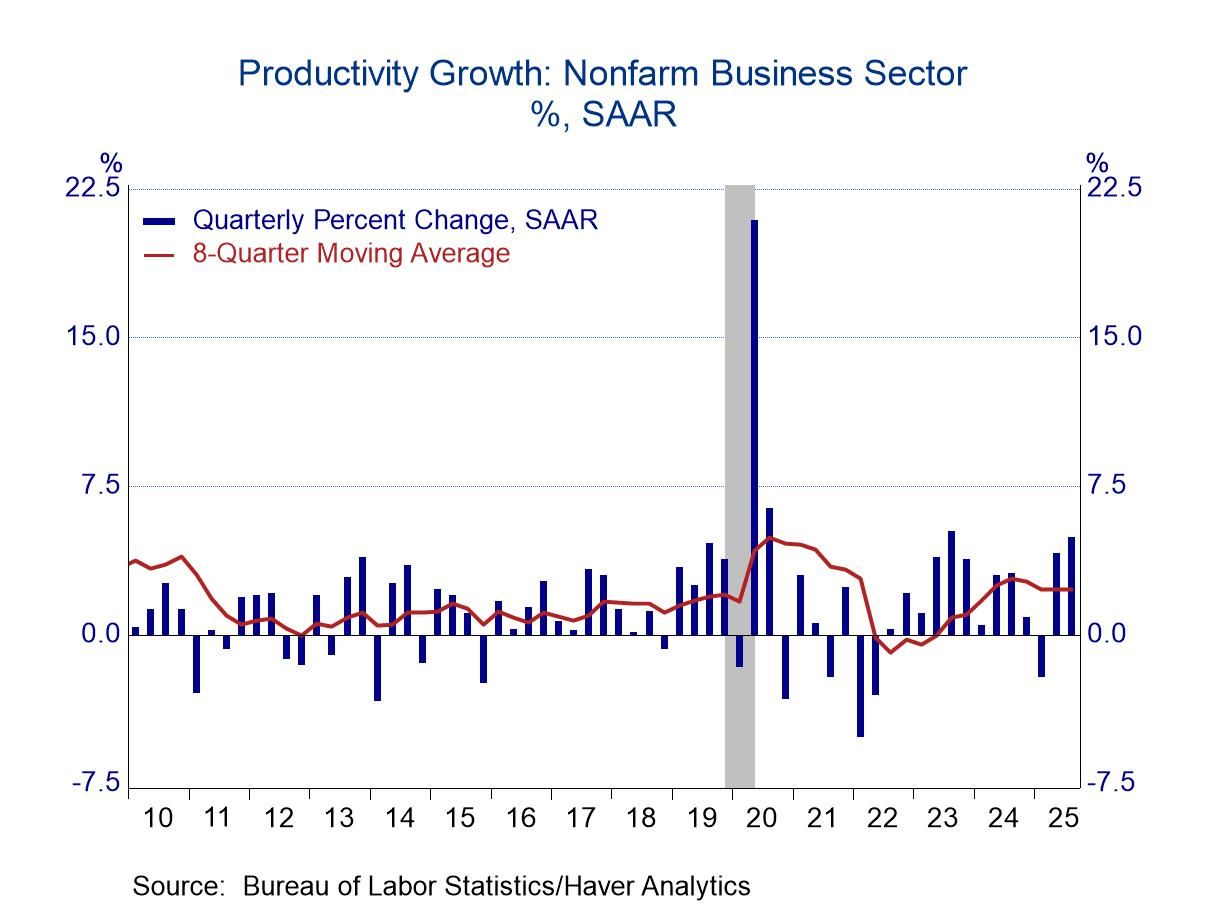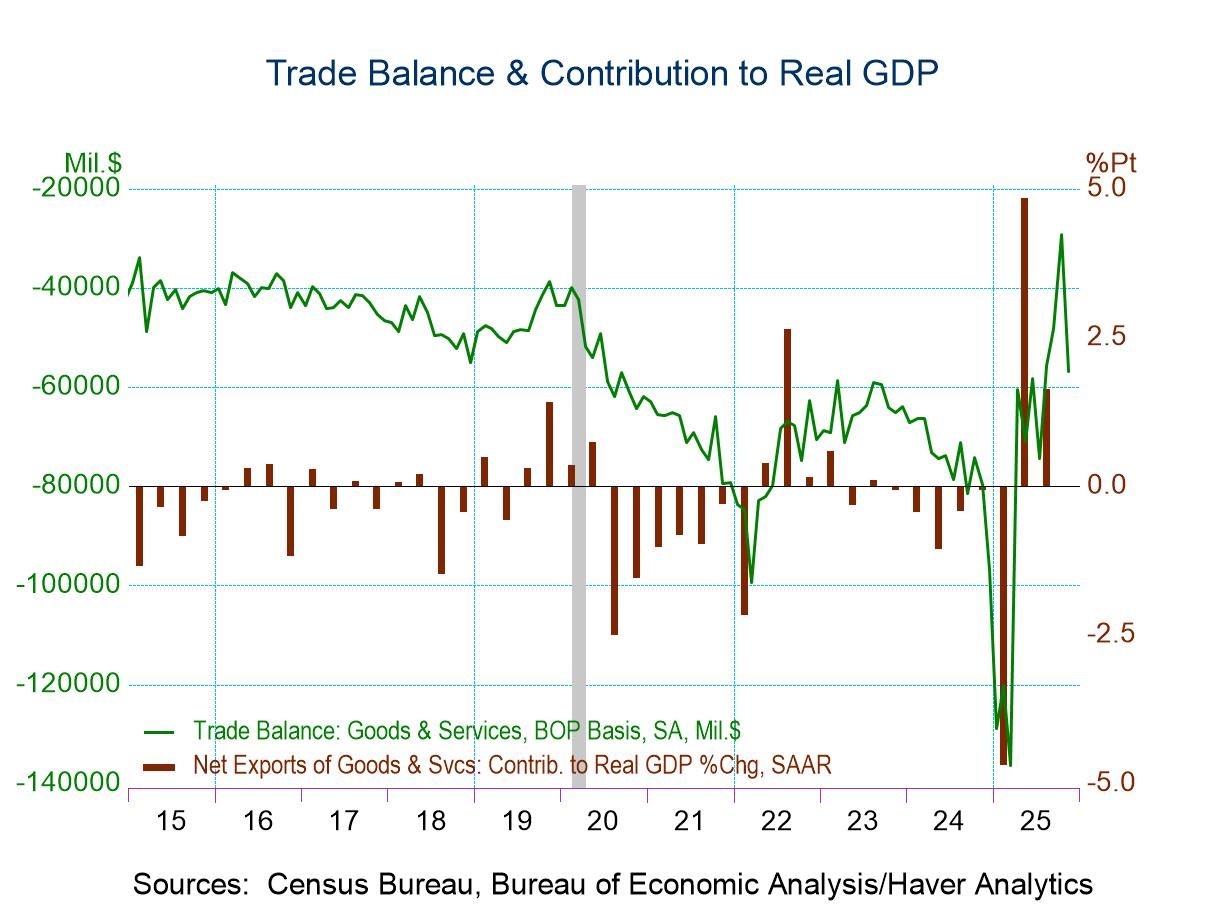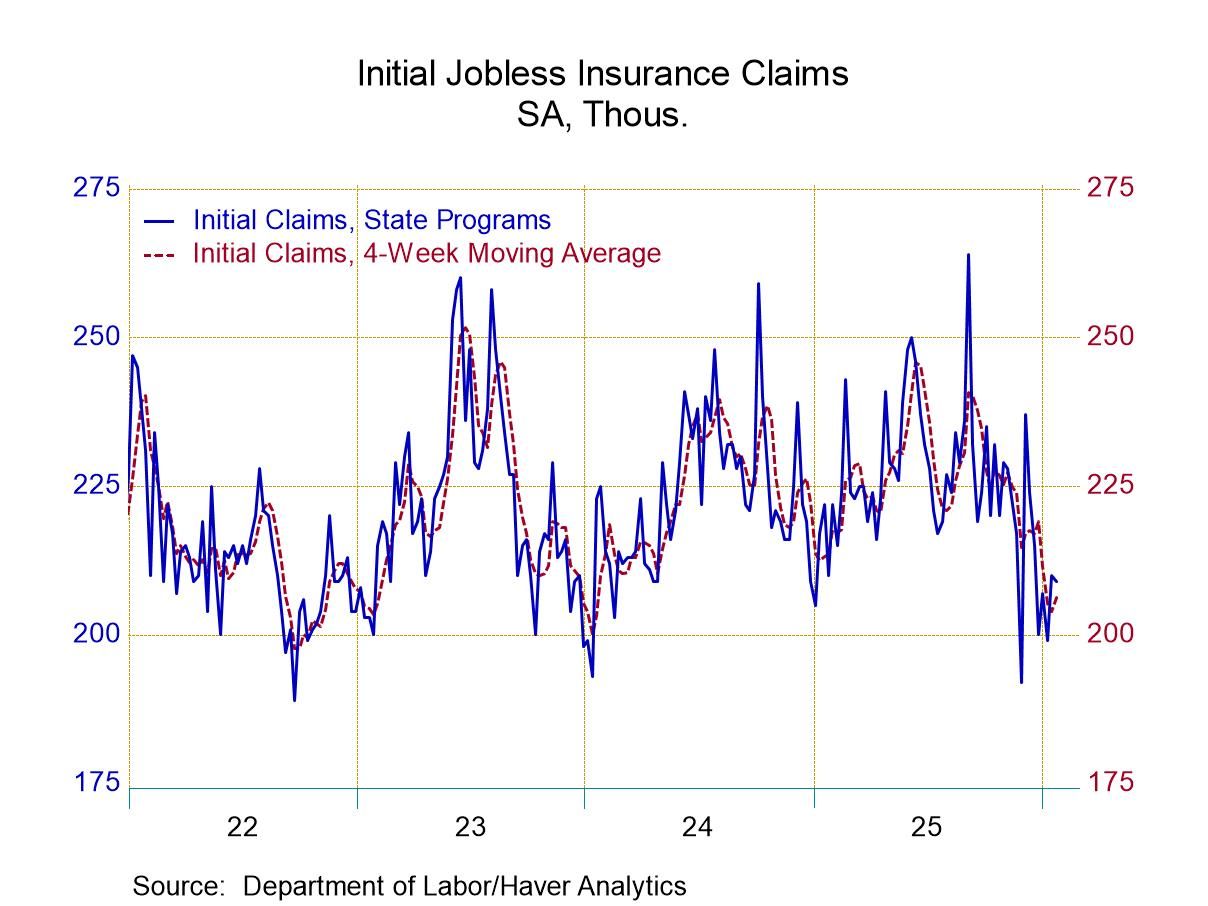 Global| May 16 2012
Global| May 16 2012EMU Trade Flows Wither As Surplus Rises
Summary
EMU imports and exports fell across nearly every category in March. The trade account was in surplus for the fifth month in a row and the sixth in the last seven. Exports fell by 0.9% m/m as imports contracted by 1.1% m/m. Both of [...]
 EMU imports and exports fell across nearly every category in March. The trade account was in surplus for the fifth
month in a row and the sixth in the last seven. Exports fell by 0.9% m/m as imports contracted by 1.1% m/m. Both of
these offset large gains the month before. For exports and imports 3-Mo, 6-Mo and 12-Mo growth rates continue to show
positive values. There is acceleration in progress over this horizon as well even though the Yr/Yr trends are
creeping slightly lower.
EMU imports and exports fell across nearly every category in March. The trade account was in surplus for the fifth
month in a row and the sixth in the last seven. Exports fell by 0.9% m/m as imports contracted by 1.1% m/m. Both of
these offset large gains the month before. For exports and imports 3-Mo, 6-Mo and 12-Mo growth rates continue to show
positive values. There is acceleration in progress over this horizon as well even though the Yr/Yr trends are
creeping slightly lower.
However on the export side manufacturing exports are slowing and on the import side manufactures are slowing and are contracting. That puts the short-terms and longer term trends at odds.
In terms of several key country trends, Germany shows sharply accelerating imports and exports over three months. France shows weak or decelerating exports against very strong imports which have surged over the recent three-months. The UK, an EU member with an independent currency, shows sharply negative growth rates for exports and imports over three-months with imports slightly weaker.
On balance the EMU trade picture is producing larger surpluses. But the flows are slowing on Yr/Yr trends. Shorter term trends show more life, but that is not reflected in the trends for manufacturing imports and exports. The trade picture remains muddled for the Euro-Area.
Robert Brusca
AuthorMore in Author Profile »Robert A. Brusca is Chief Economist of Fact and Opinion Economics, a consulting firm he founded in Manhattan. He has been an economist on Wall Street for over 25 years. He has visited central banking and large institutional clients in over 30 countries in his career as an economist. Mr. Brusca was a Divisional Research Chief at the Federal Reserve Bank of NY (Chief of the International Financial markets Division), a Fed Watcher at Irving Trust and Chief Economist at Nikko Securities International. He is widely quoted and appears in various media. Mr. Brusca holds an MA and Ph.D. in economics from Michigan State University and a BA in Economics from the University of Michigan. His research pursues his strong interests in non aligned policy economics as well as international economics. FAO Economics’ research targets investors to assist them in making better investment decisions in stocks, bonds and in a variety of international assets. The company does not manage money and has no conflicts in giving economic advice.






